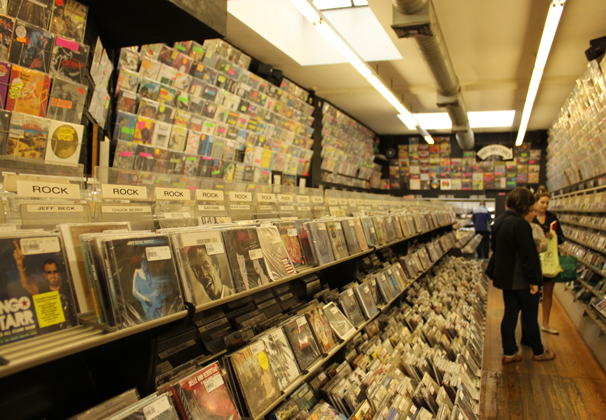
Music from a local DJ flowed out the door of Other Music record store and followed customers of all ages around the block last Saturday afternoon.
Along with about two dozen other record stores in Greenwich Village, Other Music was participating in a national celebration that featured live performances, special releases and promotional products throughout the day.
But the fifth annual Record Store Day, a celebration of independently owned record stores, came only a week after the closing of one of Greenwich Village’s music icons. Bleecker Bob’s Golden Oldies, which had been selling records since 1968, closed its doors for good on April 13th.
“Bleecker Bob’s was more than a music store,” said James Celentano, a music business professor in the Steinhardt School of Culture, Education and Human Development. “They were part of the community. They were a place people could browse and gather. It was a place to be seen.”
According to the Almighty Institute for Music Retail, a music marketing service, Bleecker Bob’s is not alone. More than 4,000 record stores across the United States closed between 2000 and 2010. Michelle McDevitt, a Steinhardt professor of music business, said independently owned record stores are facing tough challenges these days.
“[Bleecker Bob’s] closing is part of a larger disruption in the music industry that’s been happening for many years now,” McDevitt said. “The music discovery experience hasn’t vanished completely, it’s just shifted to being online.”
With the advent of easy downloading and online programs like Spotify and Pandora, some customers are no longer loyal fans of record stores.
“I see these new services not as the death of the music industry but a technological renaissance,” CAS freshman Mike Cziner said. “I hope that records and CDs will still be manufactured, but I wouldn’t mind ordering them online.”
Queens resident Chris Salgado, 25, agreed.
“Stores come and go,” Salgado said. “It’s good to remember how things once were, but we should embrace change instead of dragging our feet about it.”
Jason P., a clerk at Generation Records on Thompson Street, said he thought rising rent prices had more to do with the closing of Bleecker Bob’s than any perceived decline in the record store business.
“It’s very expensive to be in this neighborhood right now, and they couldn’t keep up with it,” he said. “A lot of record stores are opening in Brooklyn, which I think is a sign that it has more to do with location than the business itself.”
For some, like Gallatin freshman Jake Strauss, the loss of local record stores is symptomatic of a local trend — the ongoing homogenization of New York.
“I think this is representative of the city selling itself out to businesses that will bring in higher profits, increased land values and a safe, clean and neutral atmosphere that will raise more tax revenue,” Strauss said.
As CEO of Forever Yogurt, a Chicago-based frozen yogurt company that will occupy the space where Bleeker Bob’s once stood, Mandy Calara opposed the idea of homogenization. But he said he did not deny that money plays an important role in the city’s real estate culture.
Calara stated in a March blog post on the company’s website that Bleecker Bob’s might retain some counter space at the location, but that collaboration did not pan out.
“I appreciate the efforts of neighborhoods to preserve landmarks,” Calara said. “But sometimes landlords want to maximize rents.”
In an effort to keep pace with the changes of both the city and the music industry, a cluster of Village record stores, like Other Music and Generation Records, are broadening their product base to remain profitable.
“We have bands playing, and we sell T-shirts and posters,” Jason P. said. “You need to have more variety and offer a little more than just records. We have an eBay store, too.”
And even in an era of online music, McDevitt said she was not surprised young people still shop at record stores.
“The human condition makes us want to interact with each other, and music is one of the few universal truths that transcends age, gender and race,” McDevitt said. “They lack the nostalgia factor, but young people are there because they want to interact with other humans about music, just like we always have.”
Celentano said interaction is the reason record shops might be able to coexist with online retailers.
“I have accounts with iTunes, Rdio and Pandora,” he said. “But there is something I get out of going to an indie record store that cannot be matched online. I love music and high quality audio. When played on high quality equipment, CDs and vinyl simply sound better than streams or MP3s. For me there is an excitement of being in a real store, seeing what’s new, rediscovering what’s old.”
A version of this article appeared in the April 24, print edition. Billy Richling is a staff writer. Email him at [email protected].











































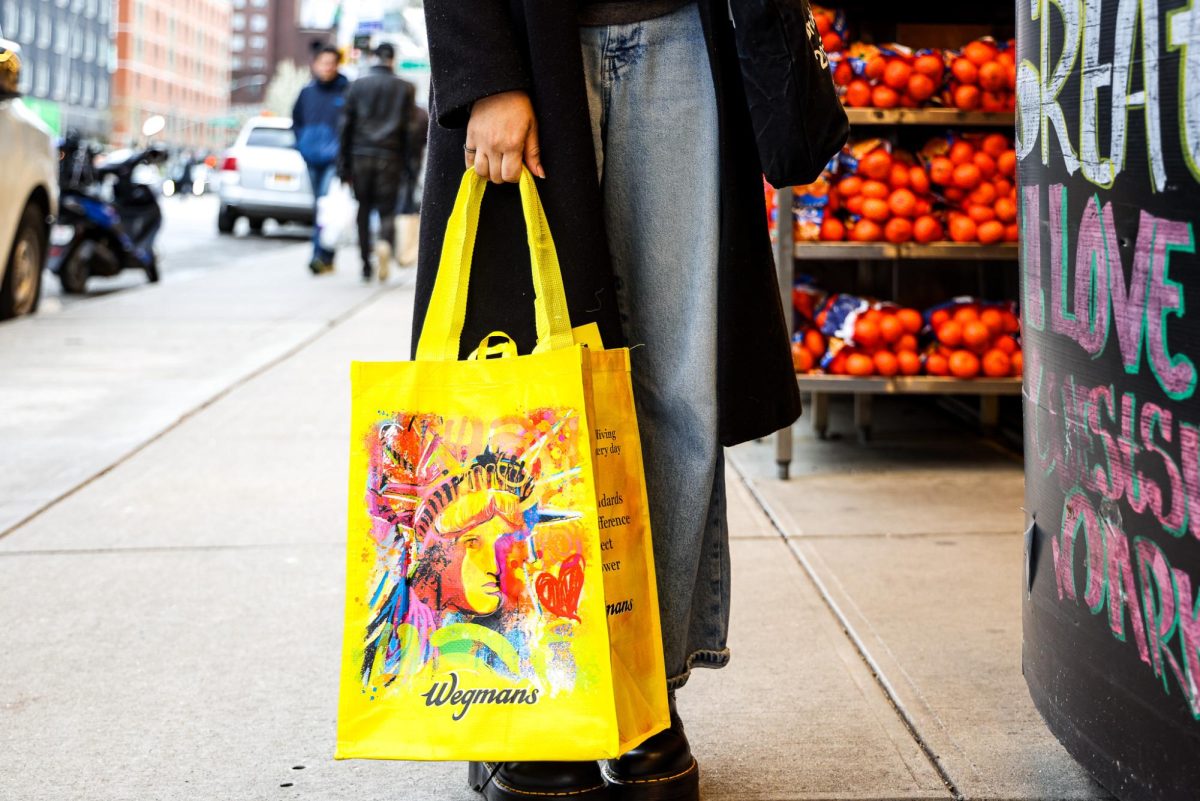























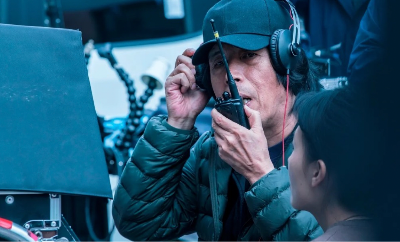
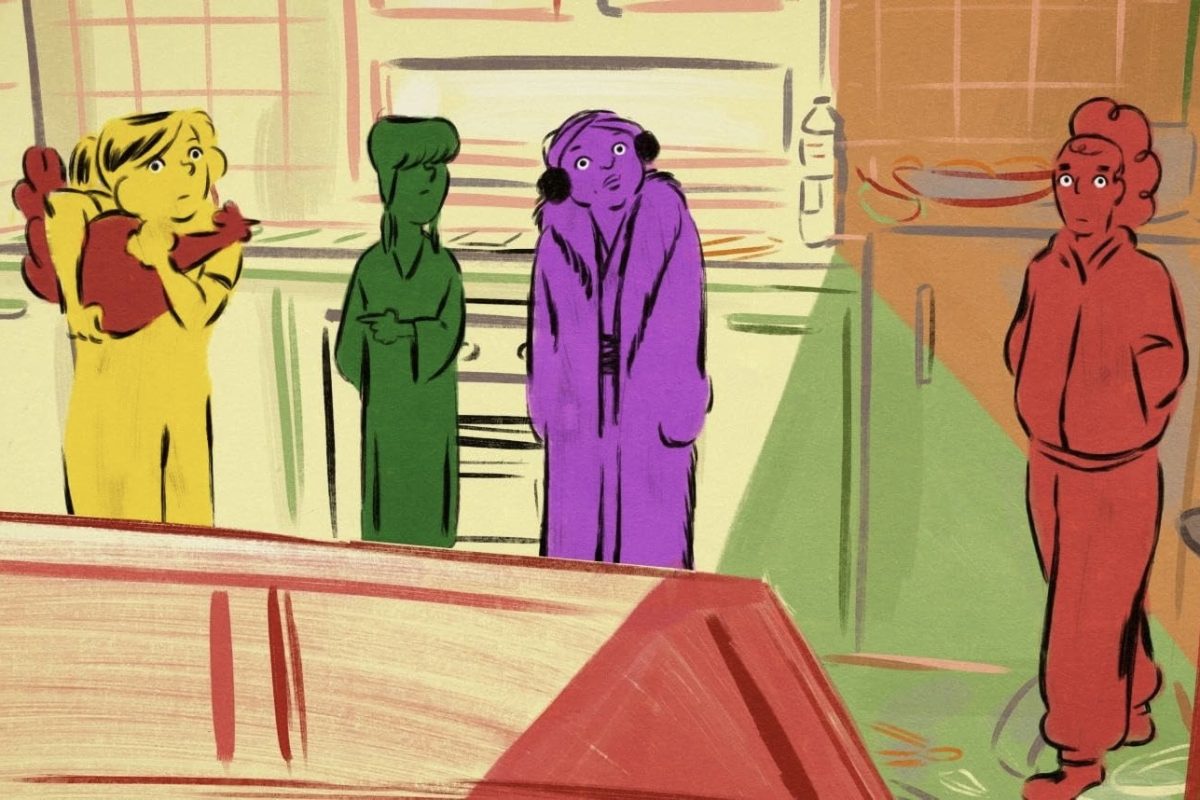










































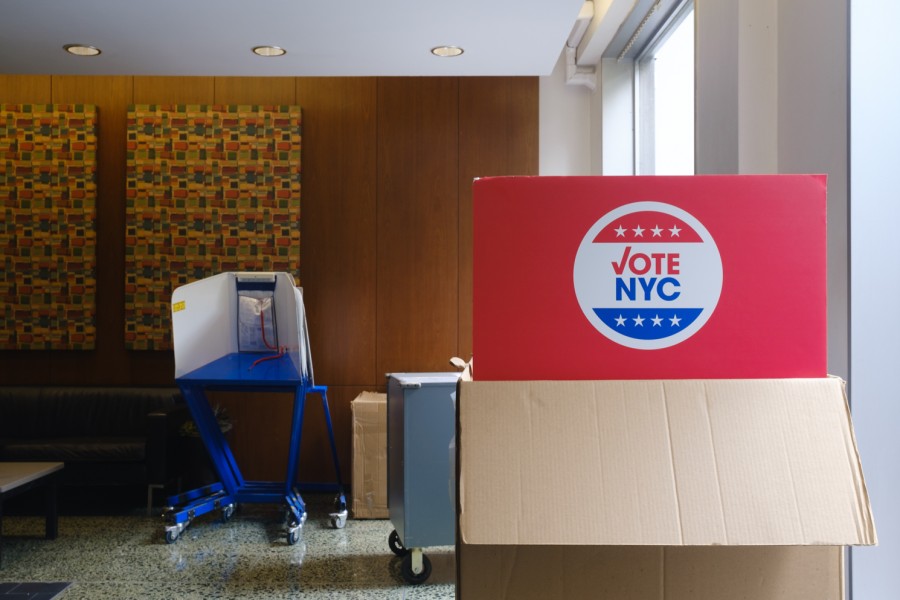





























Tom hank • Apr 24, 2013 at 4:38 pm
Wowe nice